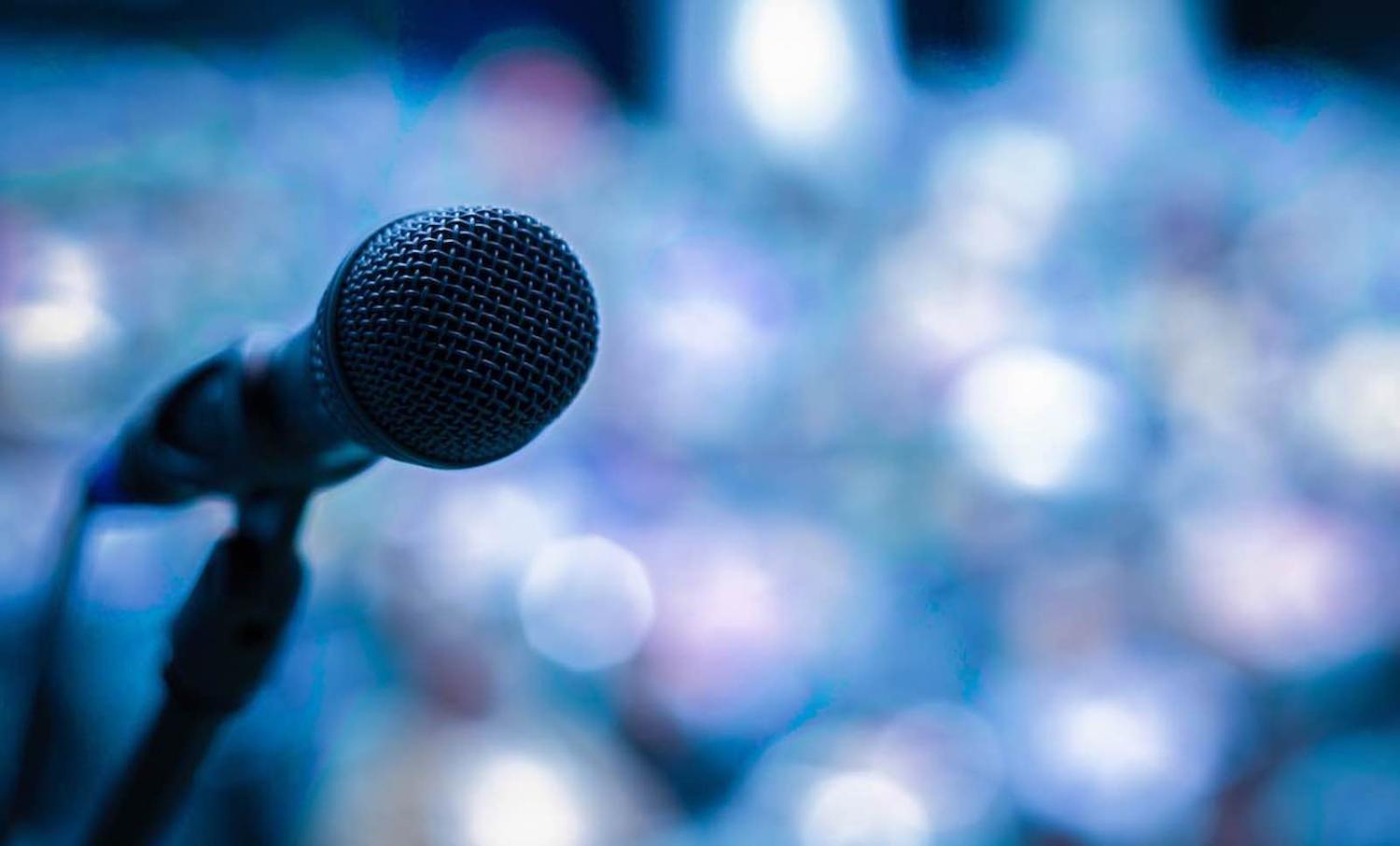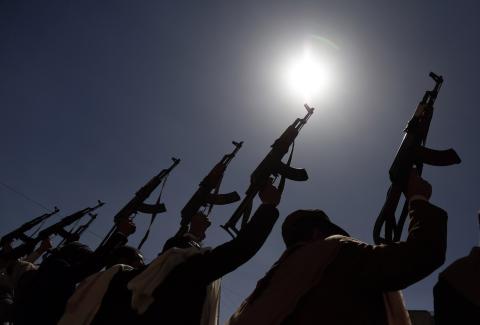A week ago – though it seems much longer than that – Scott Morrison sat in front of a bookcase full of political biographies, theological handbooks and Australiana, and delivered a rare prime ministerial address to the nation.
There has been a lot of discussion about the communications tools, including websites and texts, that governments are employing to speak with their nations about the coronavirus pandemic.
But speeches remain the principal currency of public life – and unlike the Aussie dollar, they are actually appreciating in value in this crisis.
French President Emanuel Macron has received plaudits for his address to the nation last Monday. The gilded soundstage was more “Jupiterian” than Morrison’s background and the address was more formal. Macron declared half a dozen times: “We are at war”.
British Prime Minister Boris Johnson gave a press conference alongside his scientific officials that many praised for clarity of expression. But within a few days, in the wake of confusion about whether the UK government was deliberately allowing the coronavirus to spread in order to build “herd immunity”, Whitehall had to course-correct.
As usual, US President Donald Trump is world’s worst practice. His promiscuous language in press conferences obscures the issues rather than clarifying them. He can’t stop himself from indulging in virus name-calling. His tweets are bizarre and self-involved.
I always treated the Chinese Virus very seriously, and have done a very good job from the beginning, including my very early decision to close the “borders” from China - against the wishes of almost all. Many lives were saved. The Fake News new narrative is disgraceful & false!
— Donald J. Trump (@realDonaldTrump) March 18, 2020
The president couldn’t even get the facts straight in his Oval Office address last week. As CNN’s Peter Bergen observed, the speech underlined Trump’s “key weaknesses: his failure to do any homework, his narcissim and his half-baked policy ideas.” The prime-time address contained a number of significant errors and omissions, leading to this damning tweet by staff writer at The Atlantic and former presidential speechwriter James Fallows:
I’ve written several Oval Office addresses, and heard many over the decades
— James Fallows (@JamesFallows) March 12, 2020
Not aware of *any* of them that required even one “actually, the President meant to say..” clarification immediately afterwards, let alone a string of them
These are usually carefully vetted statements
German Chancellor Angela Merkel gave a strong speech from the Chancellery in Berlin. With the Reichstag behind her, she stated that the virus presented the greatest challenge to the German nation since the Second World War.
But the speech that has impressed me the most in the past week was given by Irish Taoiseach Leo Varadkar, on a St Patrick’s Day that featured neither parades nor parties. The speech is a model of lucidity. He lays out clearly what the Irish government is doing about the virus – and what the Irish people must do. “Everyone in our society must show solidarity at this time of national sacrifice”, says Varadkar. “In years to come, let them say of us, when things were at their worst, we were at our best.”
And the Taoiseach concluded on a touching note that made me proud of my Irish ancestry:
Tonight on our national holiday I also want to send a message around the world that we are all in this together.
To the people of China, Spain and Italy who have suffered untold heartbreak and loss – we are with you.
To all of those across the world who have lost a loved one to this virus – we are with you.
To all those living in the shadow of what is to come – we are with you.
Viruses pay no attention to borders, race, nationality or gender. They are the shared enemy of all humanity.
So it will be the shared enterprise of all humanity that finds a treatment and a vaccine that protects us.
Tonight I send a message of friendship and of hope from Ireland to everyone around the world this Saint Patrick’s Day.
Lá Fheile Pádraig shona daoibh! (Happy St Patrick’s Day to you!)
Oíche mhaith. (Good night.)
The media noise being generated about COVID-19 is deafening – but the single note of a good speech, well delivered, can penetrate it.

